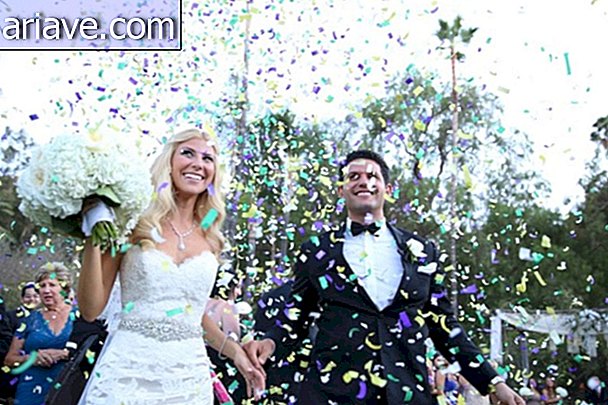Why do most people prefer to run alone?
The most popular sports, with relevance to football, are practiced in teams. Beyond the competitive issue, combining exercise and social interaction can be a great way to relax after a stressful day at work. However, what is essential in one mode may even disrupt others.
Take the case of the street race: it is increasingly popular, with numerous weekend races where people of all ages gather. In this modality, although there are running aides that instruct their students and provide conviviality among practitioners, training without company is very common.

For some people this may sound arrogant or strange, but anyone running knows how to pay attention to the small signals emitted by the body all the way through. This makes a company not always the best option - all depending on the type of workout of the day.
Introverts and extroverts
People do not change their personality when playing sports, and this ends up reflecting on the choice of sport. According to Nicole Detling, mental performance coach at the University of Utah Athletics, "introversion and extroversion happen in all areas of life, including running."
Therefore, she adds that "a running group where people are expected to talk would be mentally exhausting for a natural introvert, affecting performance." An example of this need for concentration can be seen while attempting to run a marathon in less than 2 hours at Eliud Kipchoge's Nike promotional event called Breaking2.

The results of the Kenyan runner are impressive, and he currently holds the world marathon record of 2:01:39, which was the time of the 2018 Berlin Marathon. Even so, on the day of the attempt, one of the aids he had available was a car that indicated the ideal pace to reach the goal. Non-runners may find it totally unnecessary, but knowing how to measure the intensity of the effort is one of the most demanding points of the athlete during a race.
Recreational race
After the initial period of adapting to the race, where each workout is very exhausting, the activity becomes relaxing on lighter days. Spreadsheets that require specific speed variations require more attention, but when running alone at a comfortable pace it is very easy to let the thought flow, and new ideas can spontaneously emerge.
Running with company can be a motivating factor for some people, but in general care should be taken that the social event does not become a martyrdom. In situations like this, you need to pay attention to group signals, ensuring that the rhythm is comfortable for everyone.

When you invite that more experienced friend of yours to a workout and he denies it, but still runs out on time, don't think it's personal. He may be preparing for a specific race and following a spreadsheet that indicates a heavier workout. Still, even if you can handle it, talking to a stronger race is a big challenge, and slowing down can get in the way of either.
Therefore, the best option when going out for a jog is to maintain a very comfortable pace, ensuring that the experience is the best possible and there is no lack of laughter to complement the relaxation provided by the exercise.
Is that you? Prefer to run alone or chatting with friends?











